
Where the focus lies in apple breeding
The new head of Agroscope's fruit breeding research group is Andrea Patocchi. In an interview with the trade journal Obst + Wein, he explains where the focus of apple breeding lies today.
Thursday, May 9, 2024
Andrea Patocchi has headed Agroscope's Fruit Breeding Research Group since June 2023. The specialist journal Obst + Wein asked him about the main areas of research. Prior to this, Patocchi headed the Breeding Research Group, which is responsible for developing tools and basic principles for breeders. The fruit breeding research group, on the other hand, uses the breeding tools for the selection of new marketable apple, pear and apricot varieties. The ultimate aim is to use the tools to breed new, good-tasting and robust fruit varieties. The aim is to create apple varieties that can cope well with today's environmental conditions. They must therefore be able to withstand heat or cold or be as resistant as possible to diseases and pests.
Apple scab, mildew and fire blight
Well-known diseases such as apple scab, mildew and fire blight continue to be major issues. Resistance breeding for apple scab and fire blight is relatively advanced. This applies both to sources of resistance and to molecular markers. It is more difficult with mildew, where good molecular markers for breeding are lacking. The picture is different again with Marssonina leaf drop disease, where sources of resistance still need to be identified. Another issue is storage diseases.
According to Patocci, the use of the new varieties should enable a significant reduction in plant protection products. At the same time, of course, the quality must be right. The new breeding technologies have great potential in breeding. According to Patocci, they will not replace traditional breeding, but at least complement it. CRISPR/Cas is being used to switch off so-called conspicuous genes and cisgene is being used to insert an apple's own resistance gene. The main advantage is that the cross-breeding of resistance can be massively accelerated.
Monitoring resistance genes
Patocci has been working on fruit breeding since his dissertation and is particularly proud of the precise mapping of several apple scab resistance genes in the apple genome and the development of molecular markers that can be used to accelerate inheritance. Another important research focus is the monitoring of resistance breeding: «In 2009, I launched the international Vinquest initiative to monitor resistance breakthroughs in apple scab. The 28 partners from 15 countries participating in the network have planted 16 apple selections with different apple scab resistance genes.» The aim is to identify the resistance genes that lose their effect. This provides important information for future breeding.
It is also interesting to note Patocci's statement that Agroscope's public research should primarily be orientated towards the needs of the public as a whole. This statement contrasts with a comment by Urs Niggli in Schweizer Bauer, who sees public funding for organic breeding programmes as a counterweight to private breeding programmes. From a regulatory point of view, however, the orientation towards the common good is more convincing than the privileging of certain labels, because if state activities primarily serve one actor, the question of distortion of competition arises.
Kindly note:
We, a non-native editorial team value clear and faultless communication. At times we have to prioritize speed over perfection, utilizing tools, that are still learning.
We are deepL sorry for any observed stylistic or spelling errors.
Related articles
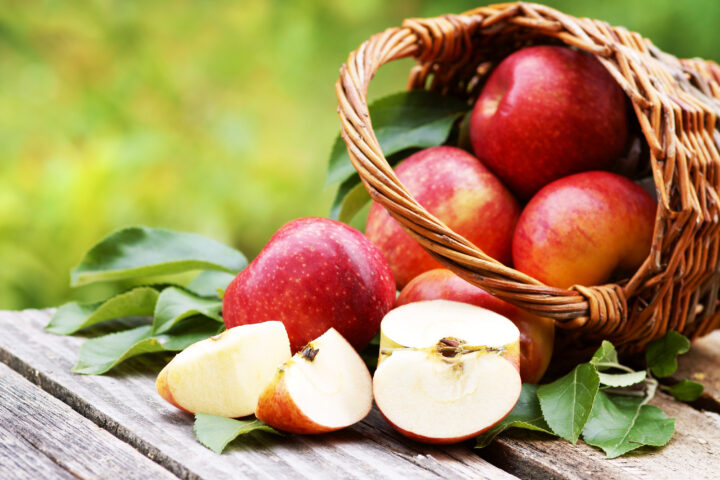
Popular Apple Varieties in Danger
The science magazine "Einstein" of Swiss Television has addressed the new breeding methods. The report clearly shows that there is no way around these new methods if Switzerland wants to continue cultivating popular apple varieties such as Gala, Braeburn, and Golden Delicious.
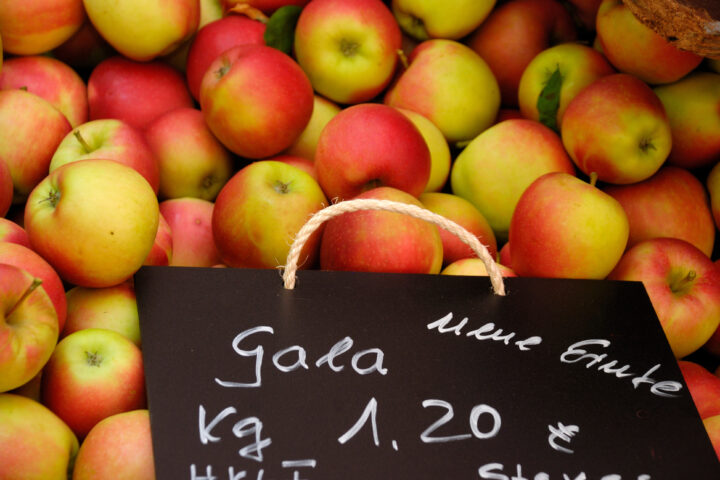
Organic farmer calls for genome editing for fruit growing
The high number of plant protection treatments is a major challenge for organic farmers. One of them is apple grower Marco Messerli from Kirchdorf BE. He has had to treat susceptible apple varieties with organic pesticides a total of 48 times. Too much, he thinks, and is now calling for the authorisation of new breeding methods. Experts agree with him.

Science resists ban on GMO crops
The Supreme Court in the Philippines wants to stop the cultivation of genetically modified plants Golden Rice and Bt aubergine (Bacillus thuringiensis). This is anything but well received by the government and the scientific community: The ban could jeopardise the country's food security.
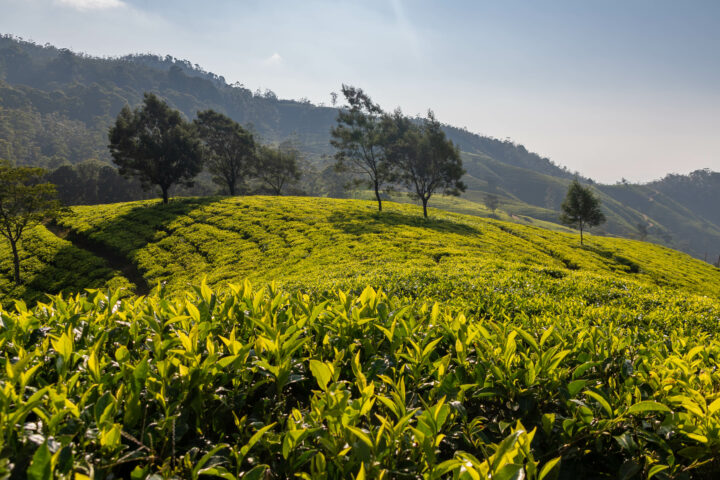
Chinese robot picks tea
There is a shortage of tea pickers in China. A robot developed by a researcher is set to remedy the situation and take over the work in future. Thanks to artificial intelligence, the machine can even recognise the shoots of the tea plant. The first harvesting robots are also already being developed in Switzerland.
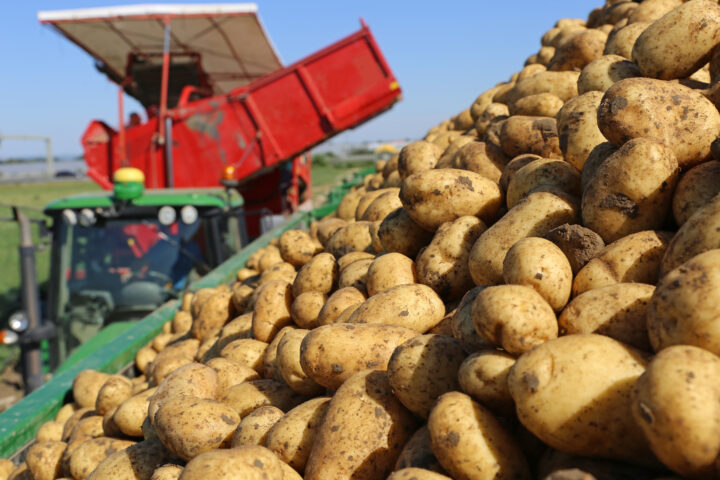
Potato farmers want robust varieties
As the use of crop protection has been massively reduced, the potato industry now wants to focus on more robust varieties. The industry has even concluded a target agreement with the federal government. This is ambitious: By 2040, robust varieties are to grow on 80% of potato cultivation areas.
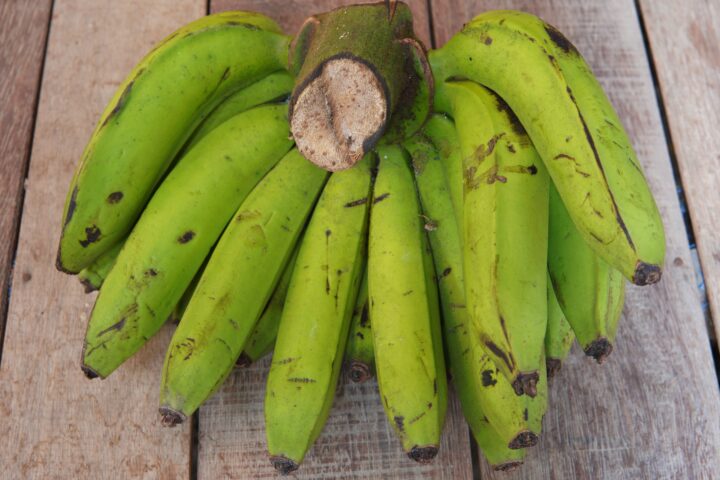
How genetic engineering is saving the Cavendish banana
The most popular banana variety - the so-called Cavendish banana - could soon disappear due to a persistent fungus. Australian researchers have developed a solution based on genetic engineering.

